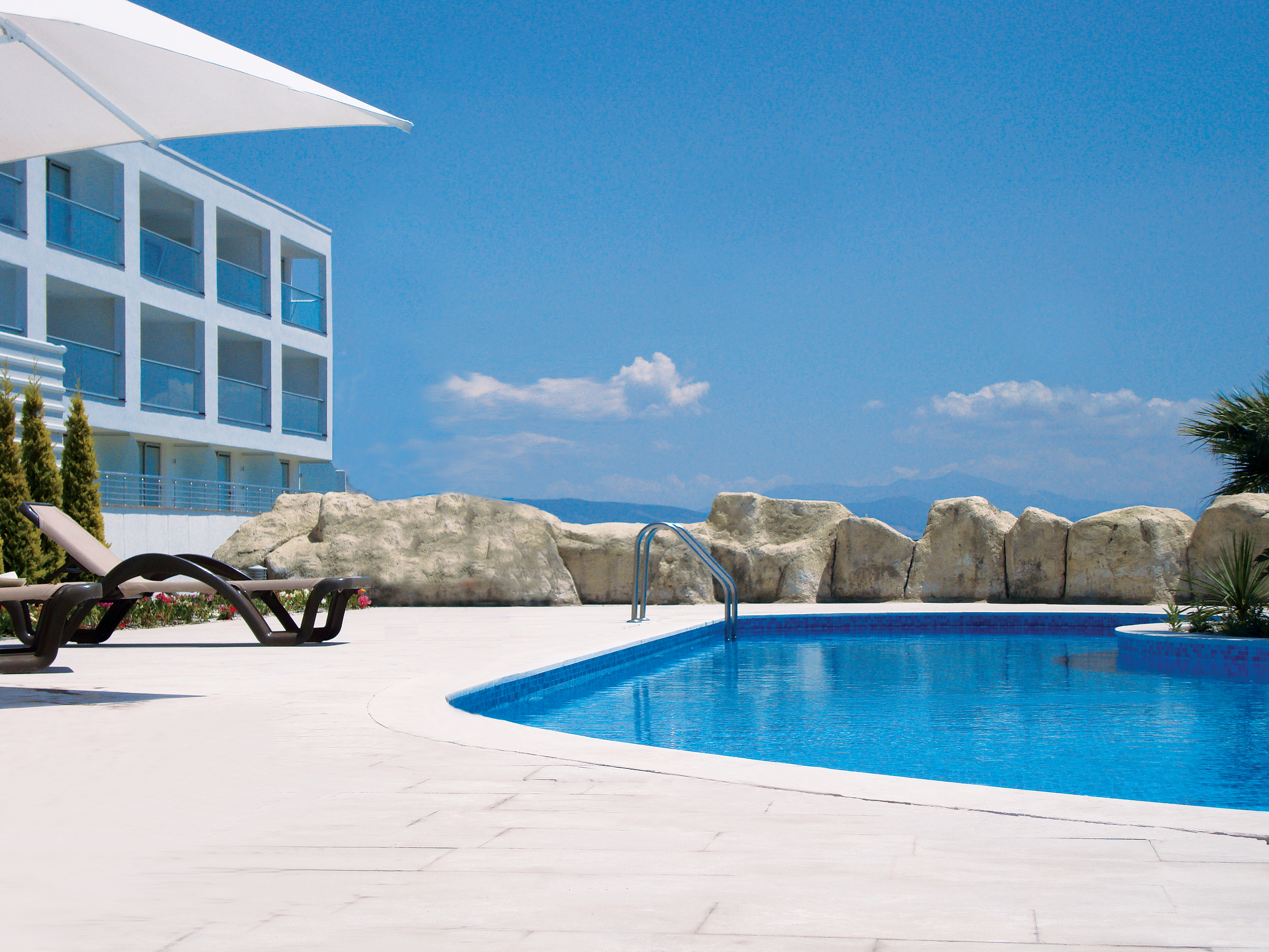Go back a decade or so and every property investor seemed to be looking at property abroad, with property in countries like France, Spain, Cyprus and even Bulgaria all coming into the investment spotlight. In the recession overseas investing slowed to a trickle. However, now that the economic situation here is quite different it seems a good time to looks at the pros and cons of investing in Europe.
Firstly, here are some overriding factors to consider before investing in a property abroad:
* The pound is currently very strong against the euro – approximately a third stronger than just four years ago – making European property look very tempting to UK buyers. However, it doesn’t necessarily mean there is value to be had.
* Prices in most European countries are still below their 2008 peak, in some cases well below. It’s difficult to see them falling further and the only way could be up. But who knows?
* The UK and the EU membership. What will happen to your investment if the UK leaves the EU …. or just as a result of the uncertainty? It’s a situation which is very hard to call.
* Once your money is in euro-denominated bricks and mortar how safe will it be? (Residents of Greece and Cyprus will no doubt have an opinion on that one.)
If you are interested in investing in European property here are some more issues to consider when looking for a property to buy :
* What’s your objective in buying abroad? Will your property be wholly/partly for your own use, or is it pure investment? Any property bought wholly or even just partly for investment must put investment potential first and foremost.
* Are you looking for capital appreciation? In the pre-recession years most European investors did so in the hope of making a large capital gain in a short period. However, prospects for capital appreciation in many European countries are still very hard to call. It would be advisable to follow expert forecasts and take advice on this.
* Holiday rental or residential rental? Holiday accommodation usually offers higher yields but the season in most places is short and varies depending on location. Residential yields are usually lower but rental demand in many cities is strong and consistent and supply is limited, so prospects for price rises are better.
* If investing in overseas holiday property, what will demand be like for your property? The tourist trade can be fickle. Where are holidaymakers going right now? What are occupancy rates like in that area?
Location, location, location is just as important for a holiday property as a residential property. Except that holidaymakers look for proximity to an airport and proximity to the beach (or ski slopes). These factors are paramount when it comes to lettability.
* It usually pays to invest in quality. Whether city or seaside, good quality properties in sought after, well established locations usually hold their value in the bad times and appreciate in value fastest in the good times. Lower quality, poorly located developments (on the fringes of a resort or a so-called up-and-coming area) usually lose value fastest and can be difficult to let and resell when times are tough.
* What’s your exit strategy? If and when you wish to sell your foreign property to whom will it sell, and how easy/difficult will it be? To other foreign investors/holidaymakers – or into the local market? In some European locations local buyers are in short supply and do not have ready access to finance, which could make it difficult to realise your investment.
The same principles apply to investing in European property as with investing in any property: Know what your investment objectives are, do painstaking research and take expert advice where you need it.


